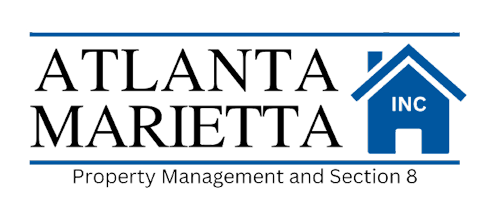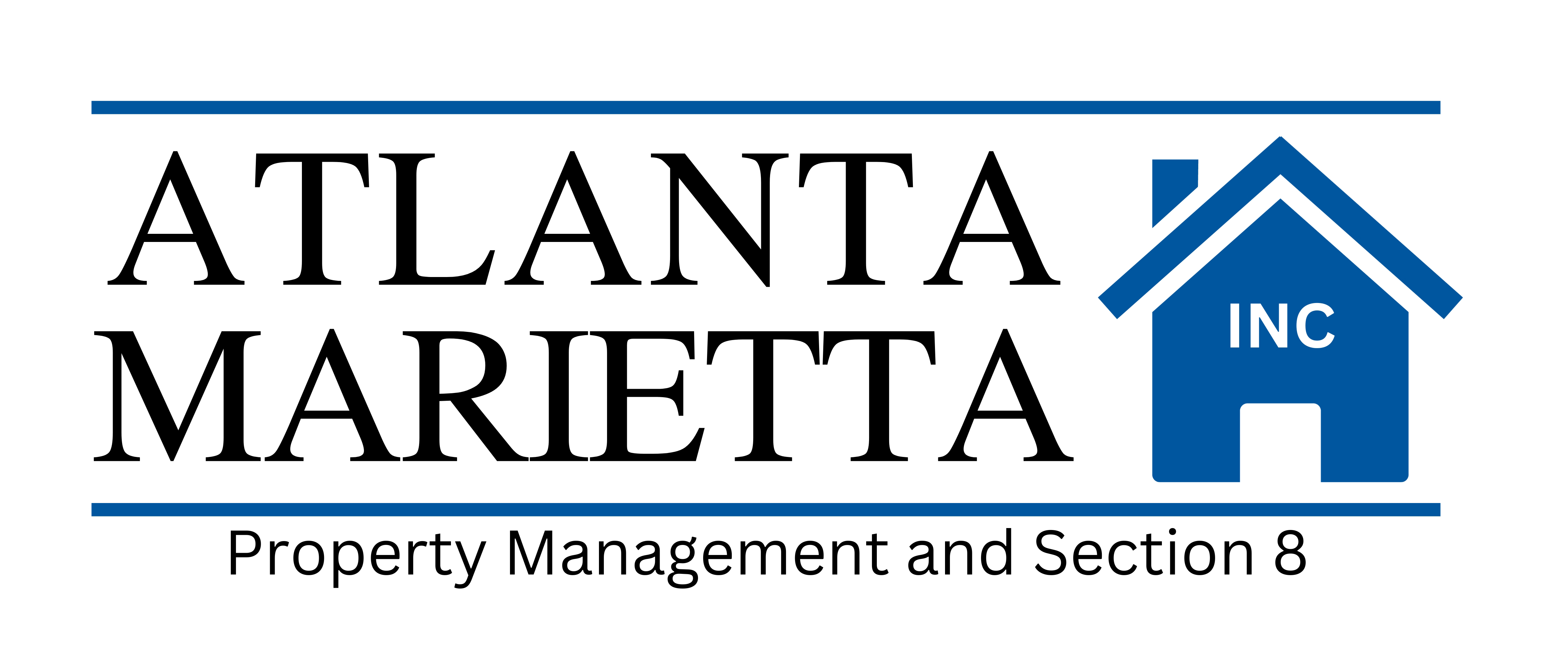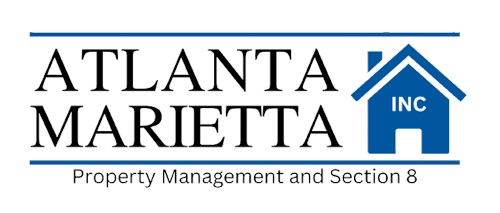
U.S. Rent Prices Drop for 24 Consecutive Months
Renters across the country are continuing to see relief. In July 2025, national rent prices fell for the 24th straight month, according to the latest housing market data. This milestone marks two full years of declining rents, a trend that has given tenants more negotiating power and access to more affordable rentals in many U.S. cities.
Rent Trends in 2025
The median asking rent for studio to two-bedroom apartments in the 50 largest metros dropped to $1,712 in July. That’s $43 lower year-over-year (a 2.5% decline). While rents are still $254 (17.4%) higher than before the pandemic, they are now 2.7% below the peak seen in August 2022.
For renters, this shift has created real financial breathing room. Lease renewals are coming in at lower rates, and more units are staying on the market longer, which adds leverage for tenants searching for affordable housing.
Why Rent Relief May Be Temporary
While falling rents are welcome news for households, multifamily housing construction is slowing down. Rising construction costs, combined with new tariffs on steel, lumber, and aluminum, are discouraging developers from starting new projects. Without steady construction, the future rental supply could shrink—pushing rents back up.
The National Association of Home Builders estimates that $204 billion worth of goods went into new housing construction in 2024. Roughly 7% of those materials were imported, meaning trade shifts and tariffs could directly limit how many new apartments and homes get built.
What This Means for Renters and Owners
Renters: Now is a strong time to negotiate renewals or seek new leases while the market is cooler. Affordable rental opportunities are more accessible than they have been in recent years.
Owners & Investors: Lower rents may affect cash flow in the short term, but the slowdown in multifamily development could lead to future rent growth once supply tightens again. Staying ahead of these housing market trends is key to long-term investment success.
Section 8 Housing: With affordability still a challenge for many households, demand for Housing Choice Voucher rentals remains strong. Owners who open their properties to voucher holders can benefit from stable occupancy while helping meet community needs.
Bottom Line
The U.S. rental market is in a rare two-year cooling cycle, offering welcome relief to tenants. But with construction slowdowns, tariffs, and higher building costs, the balance could shift again. Both renters and property owners should keep a close eye on these housing market 2025 trends as the industry prepares for what may come next.
Have questions about renting, Section 8 housing, or property management? Call Atlanta Area Property Management Marietta Inc. today—we’re here to help.












